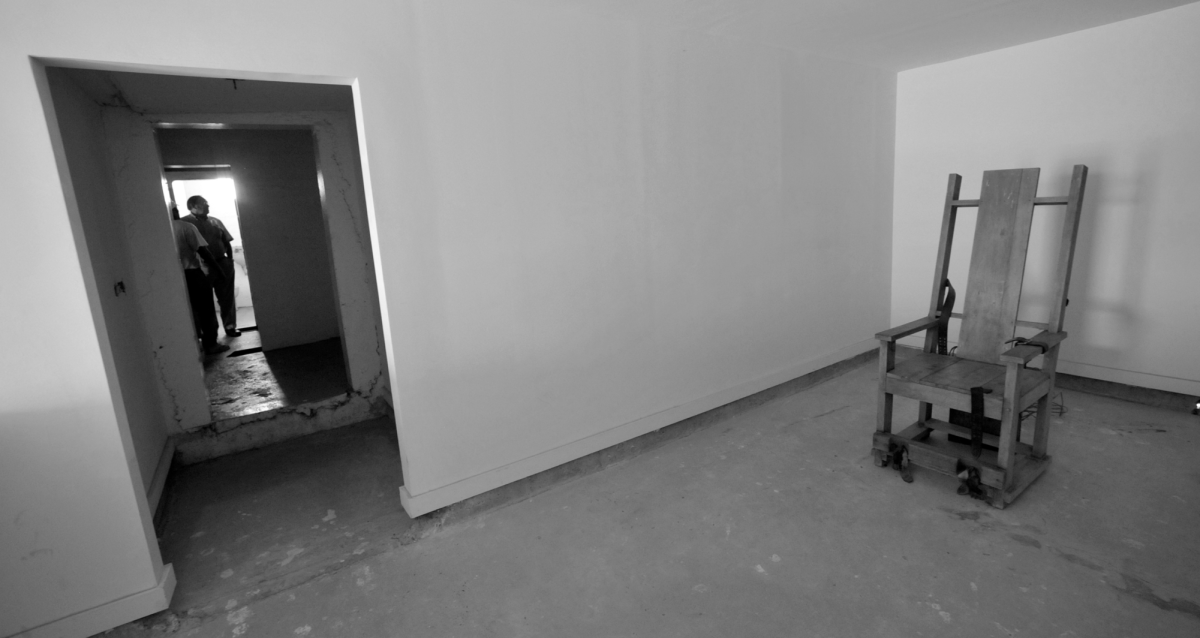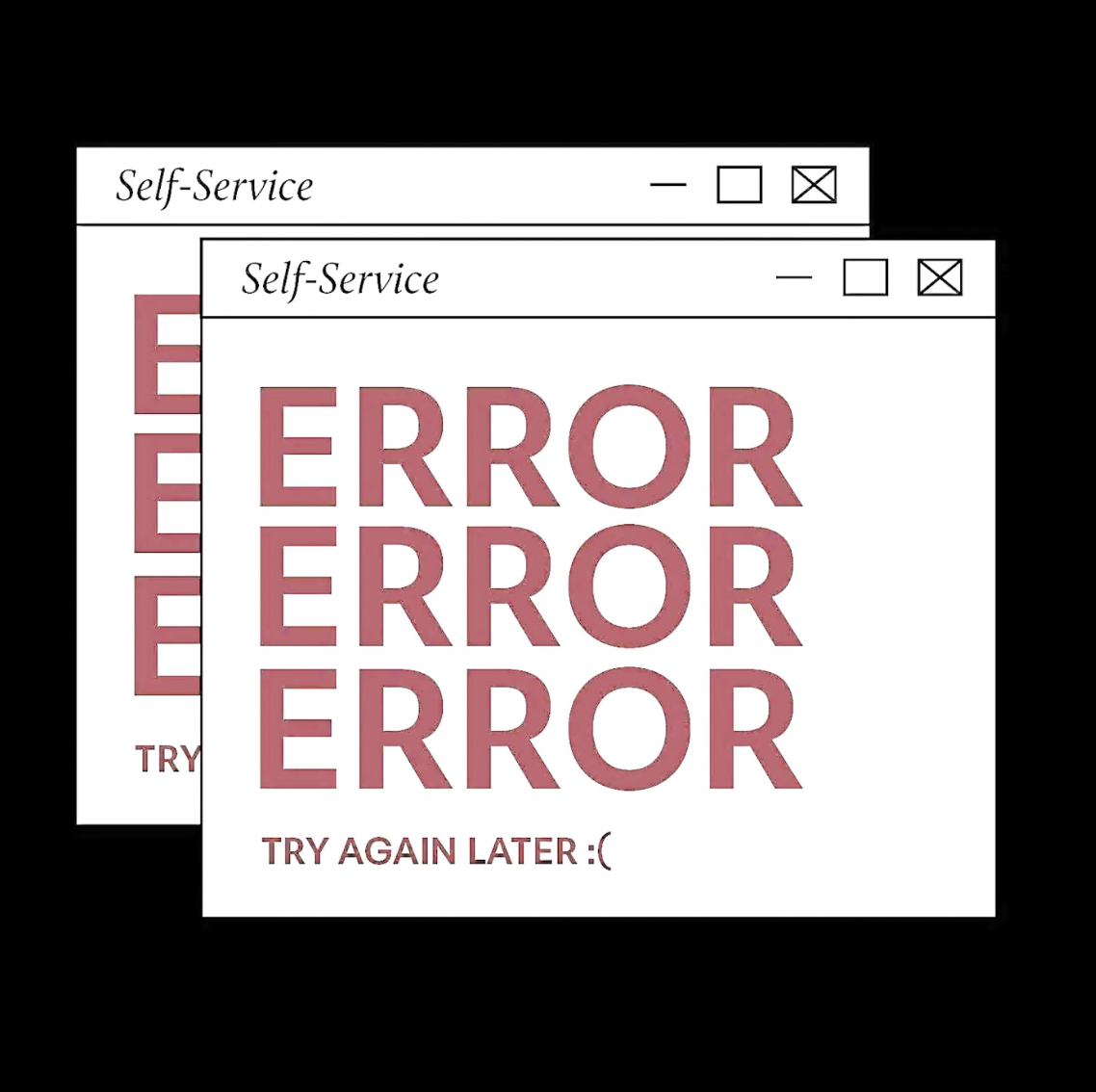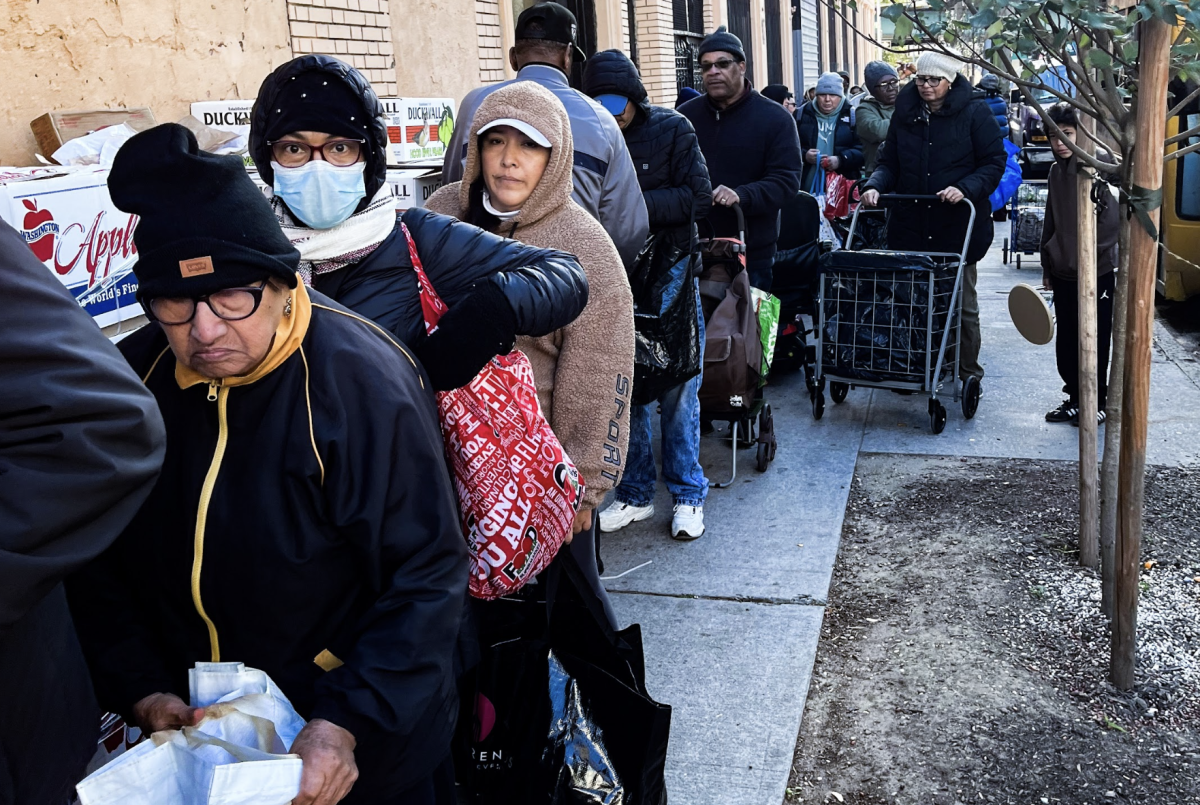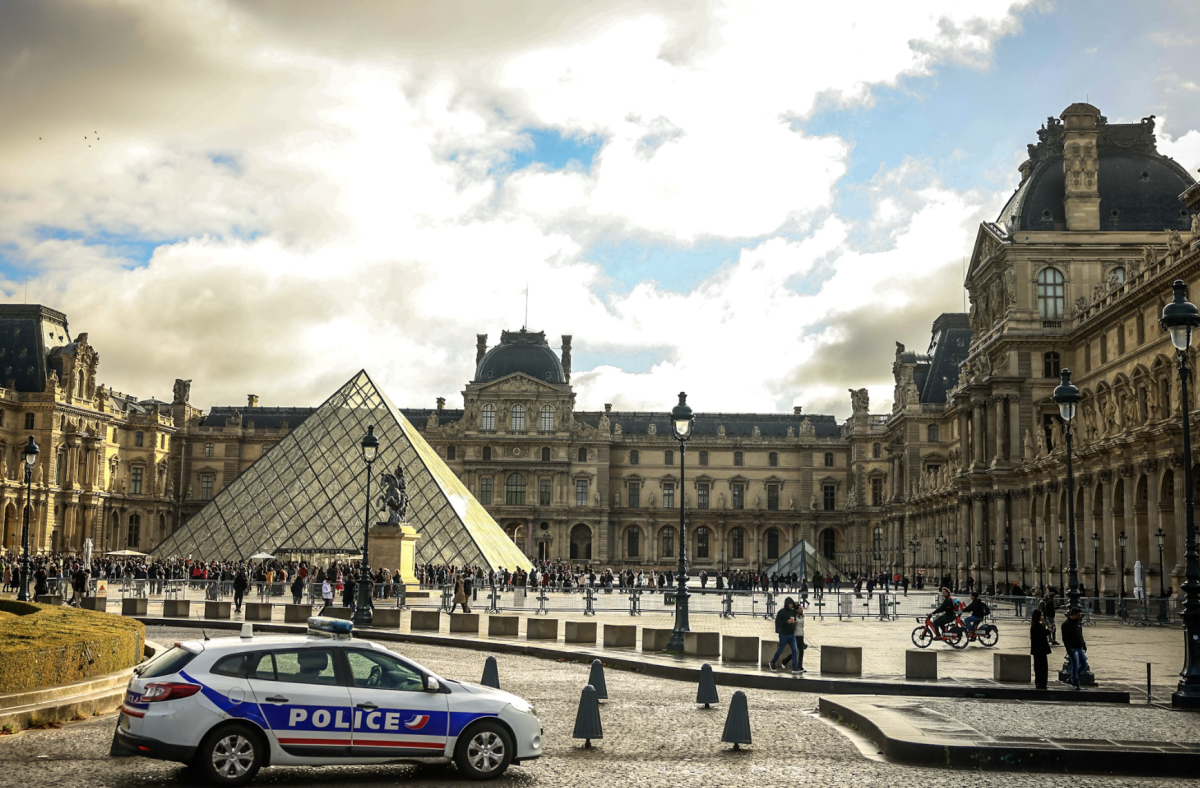The sanctity of life is a principle that has long been enshrined in the moral philosophy of religious traditions. Across the world, nearly every major faith reveres the sacredness of life, and in the Judeo-Christian tradition, the commandment “Thou shalt not kill” holds a central place. It is a straightforward, uncompromising directive, a call to protect life even in the most difficult of circumstances. Yet, in modern America, this moral foundation seems increasingly fragile, especially when it comes to the issue of the death penalty. The act of state-sanctioned execution with its irreversible finality raises serious questions about how we as a society reconcile our professed respect for life with our willingness to take it away.
For a state like Louisiana, where religious identity is a prominent part of the cultural fabric and a large Catholic population exists, the contradiction is stark. The death penalty stands in direct conflict with the Jesuit and Catholic teachings on justice, mercy, and redemption. It is one thing to claim to uphold justice, but when that justice involves taking a life, we must ask ourselves if we truly believe in the intrinsic dignity of every human being—guilty or not. This moral inconsistency cannot be ignored, especially when the ethical tenets of Catholicism, which prioritize mercy and the potential for transformation, directly challenge the idea that any crime justifies the taking of a life.
Pope Francis’ strong opposition to the death penalty underscores a broader challenge to the moral legitimacy of state-sanctioned killing. Catholics are called not only to oppose the death penalty but to actively advocate for its abolition. This is not merely an abstract moral stance—it is a call rooted in the very heart of Christian doctrine. The message is clear: life is sacred, even for those who have committed the most heinous of crimes. This moral truth seems to be lost here in Louisiana, where the state continues to carry out executions, despite the widespread Catholic ethos that should compel a different approach.
This situation raises an uncomfortable question that cannot be avoided: who are we to decide who lives and who dies? The answer is not a simple one, and the stakes are far too high to dismiss the possibility of and potential for errors. Every death sentence carries with it the risk of a tragic mistake—one wrongful execution is one too many. The weight of that potential mistake cannot be borne lightly. It is a moral calculus that makes the death penalty an untenable practice, especially when viewed through the lens of Catholic teachings and the broader human commitment to justice and mercy.
Unfortunately, the moral framework supporting the death penalty often fails to withstand serious scrutiny. It is troubling to see how some evangelical Christians, in their selective application of moral principles, have allowed the practice of state sanctioned execution to persist as long as it has. This moral cherry picking—where certain commandments are ignored when politically convenient—dilutes the integrity of the moral code these Christians purport to follow. It is this kind of inconsistency that undermines the moral authority of those who claim to champion Christian values but selectively apply them based on convenience or expedience.
The death penalty, at its core, represents a profound failure to uphold the sanctity of life—a principle that is central to nearly every major religious tradition, including Catholicism. And yet, in Louisiana, despite religion holding high status among our citizens and political leaders, the state persists in clinging to a practice that contradicts the very values it claims to uphold. This is not just a legal issue, but a spiritual one, one that calls into question the soul of a society that professes to honor Christian teachings but continues to sanction death.
Jesuit teachings offer a compelling alternative to the punitive rigidity of the death penalty. Central to Jesuit philosophy is the belief in redemption—the possibility of transformation and forgiveness, even for those who have committed grave wrongs. The law, however, often fails to accommodate this idea, demanding finality where there may still be room for mercy. While the Catholic?Church once accepted the death penalty as a necessary tool for protecting society, the modern era has brought with it new means of ensuring safety—methods that do not involve taking life. The focus has shifted toward rehabilitation, redemption, and the opportunity for repentance, all options which directly oppose the logic applied to enforcing the death penalty.
In the end, the decision of who should live or die is a power far too dangerous for any individual human to wield. Even in the case of the most heinous crimes, there remains a moral imperative to consider the possibility of mercy and the chance for redemption. These are not abstract ideals—they are the guiding principles that should shape both our religious discourse and our approach to justice as a society. For Loyola students, this means more than just opposing the death penalty in words; it calls for action. It requires students to engage with their communities, educate their peers, and advocate for policies that prioritize healing and restoration over retribution. The moral framework of Catholicism, rooted in forgiveness and redemption, offers a path forward—one that challenges the finality of the death penalty and calls for a more merciful, compassionate approach to justice.
EDITORIAL: The death penalty is not consistent with Jesuit values
Aaron Covin, Opinions Editor
December 6, 2024
The electric chair in the execution room is on display at the Angola museum in Angola, La.
3
More to Discover













